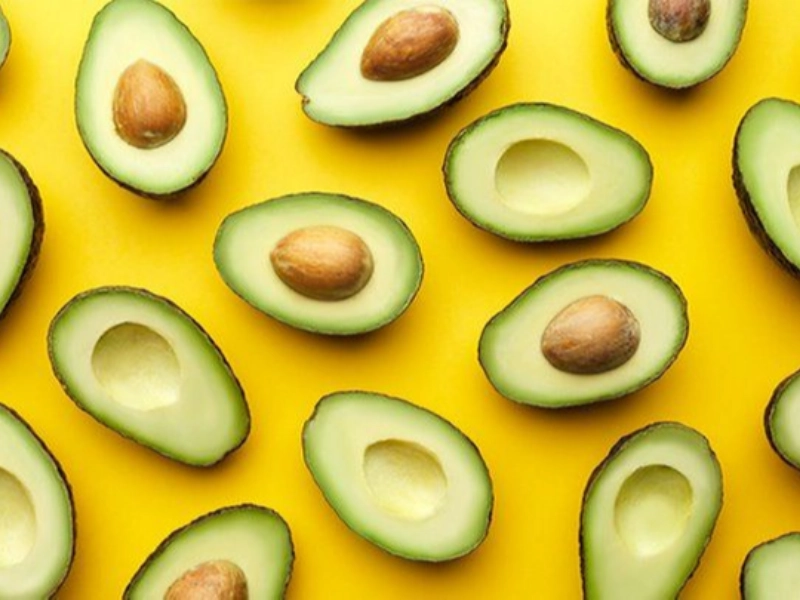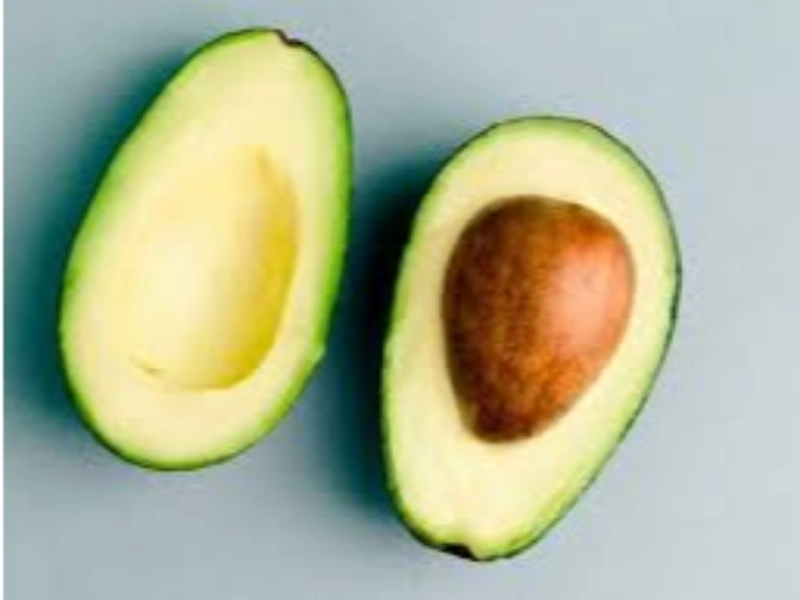A popular superfood with numerous health advantages is avocado. Additionally, it is a great provider of magnesium and potassium, both of which are linked to restful sleep. On the other hand, eating avocado right before bed may result in less restful sleep. This is because tryptophan, which is found in large amounts in avocados, induces sleep.

In equal measure, people adore and detest avocados; they are praised for their nutritional qualities and criticised for the high cost that frequently comes with them. However, did you realise that the popular superfood can also prevent you from sleeping at night?
This is due to the high tryptophan content of avocados, which is transformed into the neurotransmitters melatonin and serotonin, both of which promote sleep. Tryptophan deficiency is associated with aggression, low mood, sadness, and memory problems.
Since the body is unable to manufacture tryptophan, it is an essential amino acid that must be obtained through diet. Meat, seafood, dairy products, legumes, and nuts all contain it. Additionally, it has been shown to reduce appetite and enhance sleep.
Tryptophan-rich foods include bananas, oats, milk, jackfruit, turkey, and cottage cheese. These foods should only be consumed in moderation, though, as consuming too much can cause an allergic reaction. Skin rashes, itching, and hives may result from this. An epinephrine auto-injector is necessary in circumstances where the symptoms are severe enough to be life-threatening.

Although avocados are often used in guacamole and are known for their flexibility, there have been conflicting reports about the green fruit's ability to interrupt sleep. Although a short Google search reveals that this is probably fiction, a recent Express piece suggests that avocados may be keeping you up at night because they contain amino acids, which stimulate the brain.
It is crucial to remember that an avocado meal has a substantial fat content. This may help you feel fuller and more satisfied by slowing down the digestion process. Furthermore, monounsaturated fatty acids, which make up a significant amount of avocado fat, can lower "bad" LDL cholesterol and minimise your risk of heart disease.
It's also critical to keep in mind that salicylates are naturally occurring compounds found in avocados and a variety of other fruits. These substances may result in swelling and skin rashes, among other symptoms. A licenced dietician should be consulted if you encounter these symptoms.

Compared to other foods, avocados' beneficial fats take longer to digest. This implies that digesting and absorbing the meal may require more energy from your body, which can leave you feeling drained after eating.
Avocados also contain a lot of potassium, which some people find causes bloating and intestinal problems. It's crucial to consume avocados in moderation along with other low-potassium meals like leafy greens and beans.
Although they are disliked and loved in equal measure, avocados are undoubtedly healthy. Tryptophan, magnesium, and vitamin B6 are abundant in them, and these nutrients promote sound sleep. They are also a necessary component of guacamole. Despite the unfavourable perception, avocados contain an amino acid called tyramine that enhances cognitive function and helps regulate hormone levels, which may be good for your mental health. It can also be a fantastic source of dietary fibre and omega-3 fatty acids. Nevertheless, if you have persistent nausea or stomach pain, it's crucial to keep an eye on your bowel movements and speak with your doctor.

Potassium and monounsaturated fats, which are found in avocados, are nutrients that promote better sleep. However, avocados might create stomach problems if you have an intolerance to them. Individuals intolerant of avocados are deficient in an enzyme that facilitates the breakdown of fructose, a sugar present in fruits. When this enzyme is deficient, fructose builds up in the small intestine, leading to a variety of unwanted symptoms.
Although rare, avocado allergies can result in symptoms like breathing difficulties, swelling, itching, and rashes. This is primarily due to the avocado's latex-like protein content. A third to half of individuals with latex allergies also respond negatively to other plant-based foods, such as avocado, kiwifruit, bananas, and chestnuts.
With our intolerance testing service, we can determine whether your fatigue following avocado is caused by a food allergy. Our extensive test evaluates your sample against 158 more possible triggers in addition to avocado specifically. After that, our knowledgeable dieticians can create a strategy to cut out avocados from your diet and monitor any improvement in your symptoms.